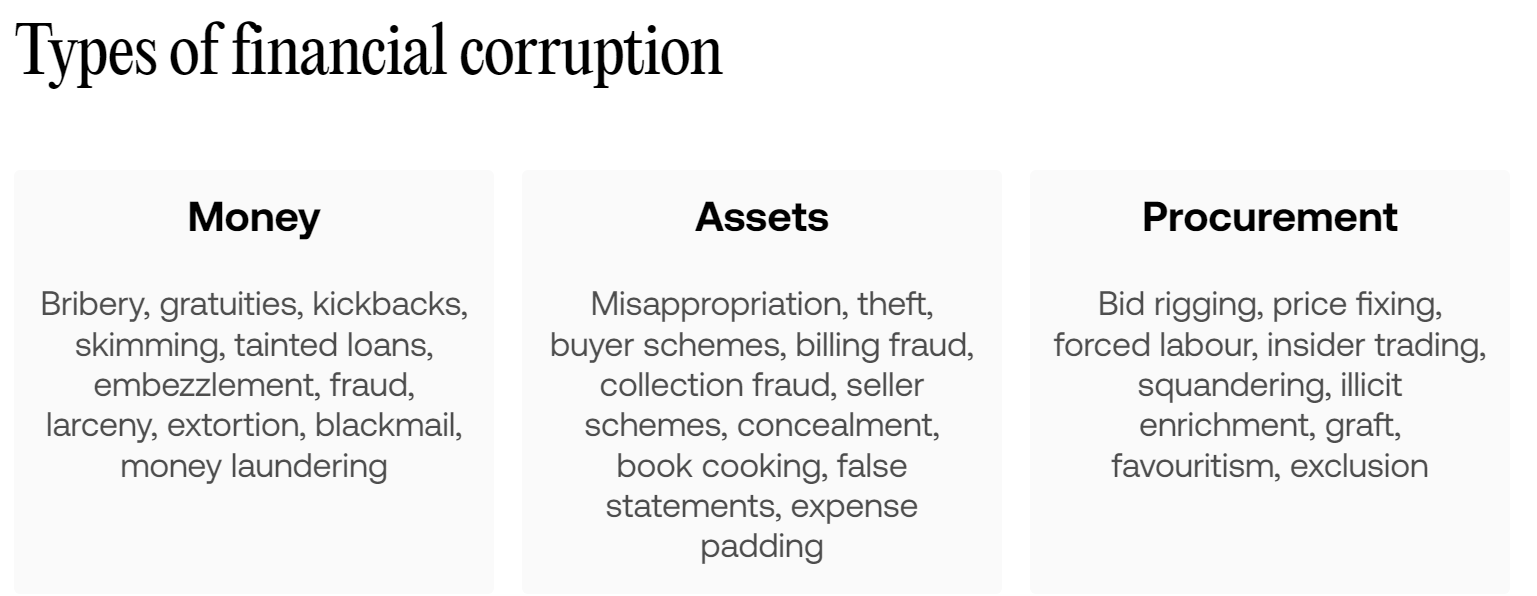Everyone has heard about bitcoin’s role as a refuge from inflation-prone fiat currencies. But what about the potential for blockchain to radically improve how the government operates in terms of financial efficiency and transparency?
It’s a point being raised by independent presidential candidate Robert F. Kennedy, Jr., the only presidential candidate currently rated as “strongly supportive of crypto” by nonprofit Stand with Crypto (with Donald Trump rated as “supportive” and Joe Biden rated as “against”). RFK has been a champion of cryptocurrency from the start, taking donations for his campaign in bitcoin and proposing to put the U.S. dollar on the bitcoin standard if he wins office.
“I’m going to put the entire U.S. budget on blockchain so that any American — every American can look at every budget item in the entire budget anytime they want 24 hours a day,” said Kennedy during a rally this past Sunday.
If the U.S. government did transition to making all of its purchases on the blockchain, it would effectively bring a new level of transparency to government operations. Every dollar spent – if digitally tracked using an immutable, permanent blockchain – would be accounted for, and any unapproved or suspicious dealings could be called into question by anyone spotting the discrepancy.
In other words, it would completely change how the government works.
Imagine, after all, if pork barrel projects that are thrown on at the end of legislative sessions and over-inflated government contracts were suddenly in full view to a discerning public. They would become toxic, and special interest groups that thrive in the shadows of government spending would wither away in the sunlight.
At present, the public is able to decipher government spending by analyzing legislation, but that doesn’t reveal the full story of where budgets are being spent. By putting government operations on the blockchain, it would create a rock-solid, indisputable pathway of transactions that would dramatically improve auditability. After all, auditors are human, and humans are prone to making errors.
Putting the U.S. government – or any government – on a blockchain-based system would go a long way toward rebuilding public trust. If people know where their money is being spent, and if they can clearly see that it is being handled responsibly and with their best interests in mind, they would be more comfortable making their own investments into the future. And, of course, whenever that’s not the case, they would be empowered in questioning where the money’s gone.
Government corruption can take many forms (as shown below), but instituting a blockchain-based system would eliminate virtually all of them. Globally, that would mean as much as $2.6 trillion a year redirected toward public good.
Switching over to an electronic payment system to mitigate corruption isn’t without precedent. In Chile, the switch was made to an electronic procurement marketplace in 2003 in an effort to prevent fraud and improve transparency. Since then, it’s saved the people of Chile as much as $693 million a year.
If the US government did implement a blockchain system for its spending, it would lead to a general increase in the usage of blockchain technology – which would, in turn, boost cryptocurrencies that also utilize blockchains for their transactions. With widespread adoption comes increased investment, effectively lifting the crypto industry up all the more.
Could it happen? It wouldn’t be easy, but it isn’t impossible. And there’s clearly a demand.








